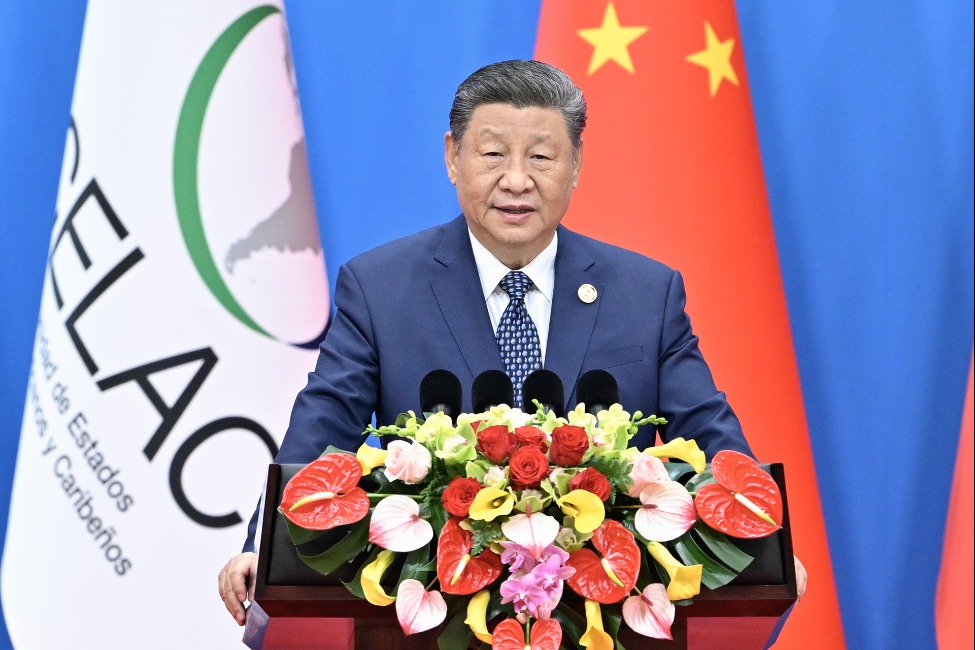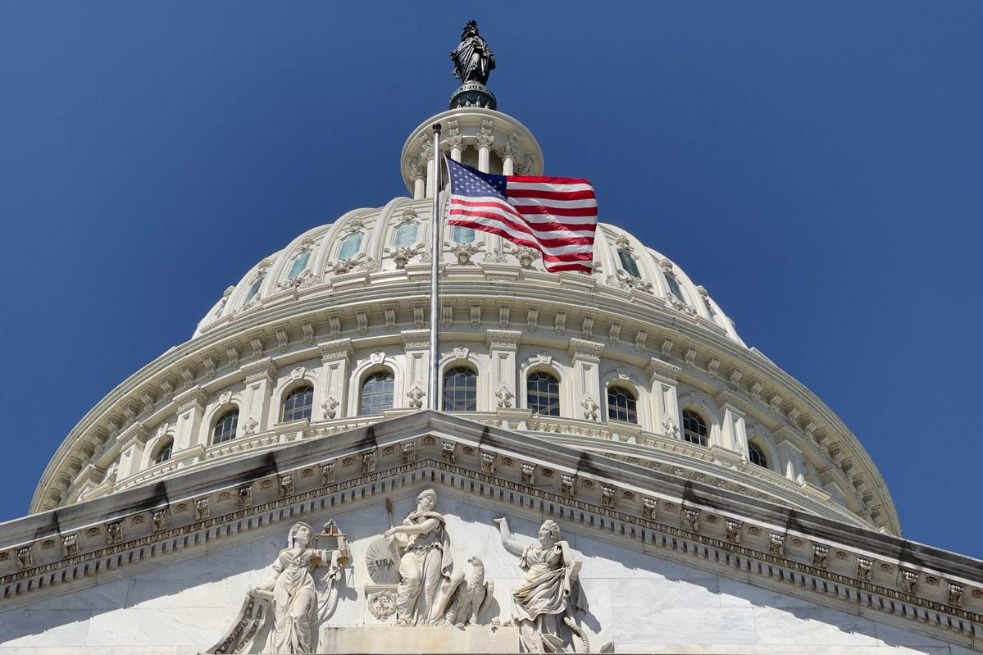US must look inward to solve fentanyl problem


Editor's Note: Despite its past appreciation of China's efforts in helping it contain the drug overdose problem, the US has blamed China for the proliferation and misuse of fentanyl. Why is the US blaming China for its domestic problem? And why hasn't the US administration's fight against fentanyl achieved desirable results? Two experts share their views on the issue with China Daily's Liu Jianna. Excerpts follow:
Fentanyl issue a result of global financial crisis
The United States imposed sanctions on three Chinese nationals on Wednesday for making and selling fentanyl, a synthetic opioid that the US says has claimed tens of thousands of Americans' lives in the past few years.
The US' accusation is baseless, not least because it is blaming China for its inability to control the misuse of fentanyl, which according to US media reports accounted for 28,400 overdose deaths in 2017 alone. That the US has reported the first decline in average life expectancy in 2015 since the end of World War II and a sustained decline for three years since has sounded the alarm for the US administration. It is in a hurry to find a scapegoat because drug overdose is seen as a major factor for the decline.
The US intends to put "maximum pressure" on China in the trade talks by blaming China for the fentanyl problem. But the fact is, it is Washington that has been more anxious to ink a deal with Beijing ever since the US leader and his Chinese counterpart talked on the phone on June 18 in order to ease the trade tensions.
Yet given that banning Huawei (although the ban was eased recently) and the threat to slap additional tariffs on about $550 billion of Chinese goods will inflict much pain on the US too, Washington is short of tools to up the ante. Which could have prompted the US to accuse China of causing the fentanyl problem.
The drug overdose problem is an aftereffect of the 2008 global financial crisis, which led to massive layoffs and drug overdose, and further widened the wealth gap. Compared with the days when the US economy was booming, there are fewer opportunities today for people to realize their American Dream. And since there are no signs of another scientific revolution, there is little hope that the US economy would boom in the near future and the country would be free of the drug problem.
Chen Fengying, a senior researcher of world economy in the China Institutes of Contemporary International Relations
US should strengthen its drug control policy
China has by far more rigid drug control regulations. For instance, it hands down much heavier punishments, death penalty included, to those who make or sell drugs. On the other hand, taking drugs such as marijuana is legal in many states in the US.
As for fentanyl, China imposed stricter control on all synthetic opioid fentanyl starting May 1, which means all fentanyl analogues are regarded as narcotics, although China itself has not confronted any fentanyl problem. And it has proactively participated in the global crackdown on drugs for global common good, winning praise from the international community, including the US.
By blaming one country or another for its domestic problems, the US cannot cover up its own ineptitude. Even after the US administration has made dealing with the fentanyl problem a priority, the number of deaths due to fentanyl overdose has markedly increased over the past few years.
So the US would do good to focus on strengthening its supervision on drug prescriptions and more effectively crack down on drug traffickers, as well as allocating more resources to strengthen drug control, instead of casting aspersions on other countries such as China and Mexico to cover its inability to tackle the drug problem.
Mei Xinyu, a researcher at the Chinese Academy of International Trade and Economic Cooperation
The views don't necessarily represent those of China Daily.

































